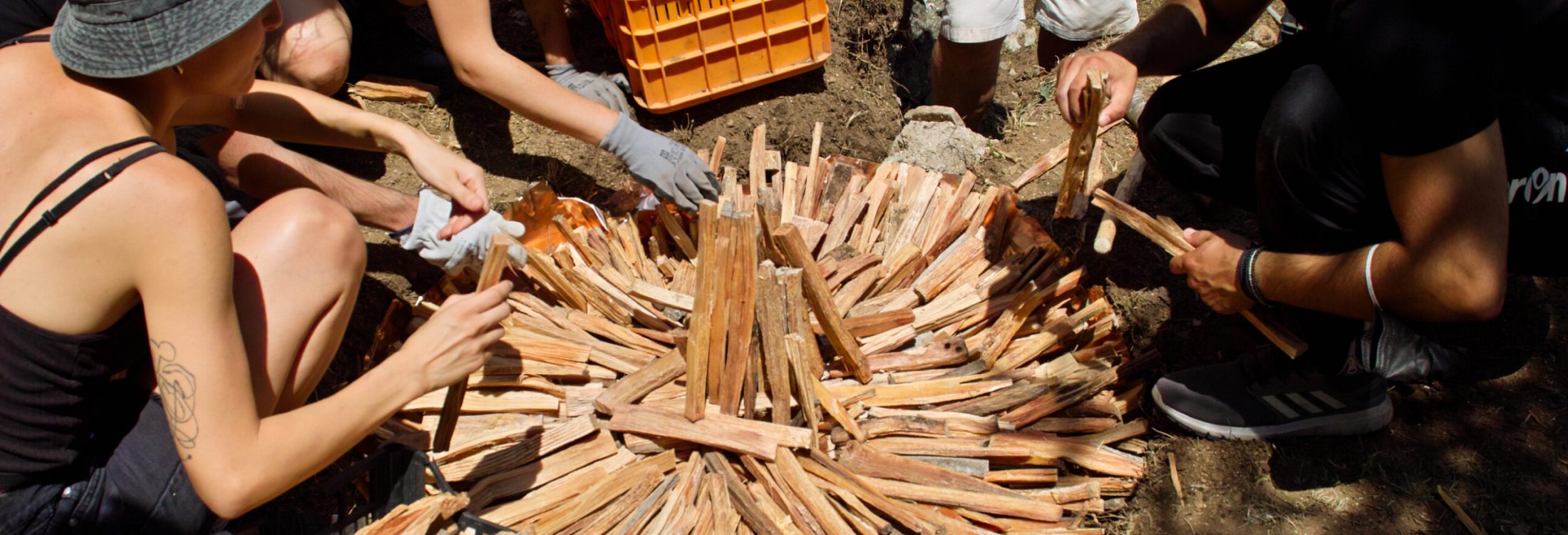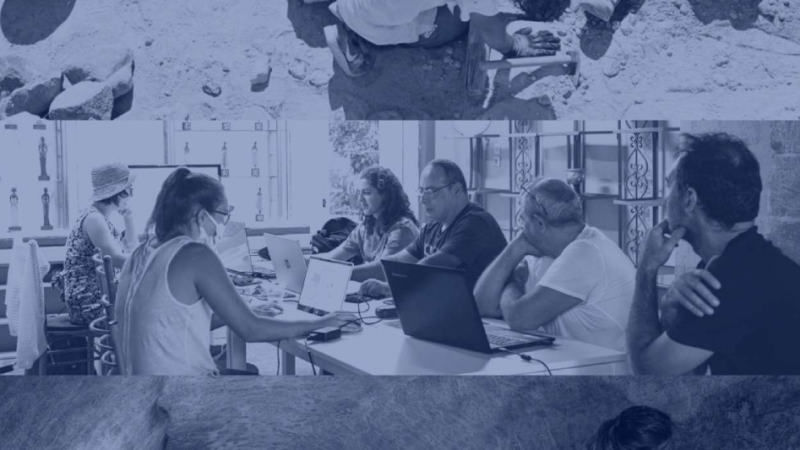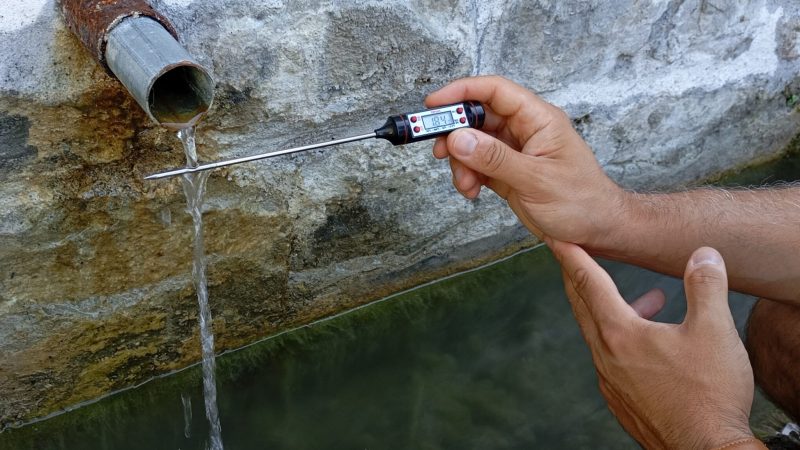
Traditional Technology of Pine Tar in Epirus (Greece) A Craft Between Heritage and Modernity
This study examines the traditional technology of pine tar kilns in Greece, focusing on the case of Distrato in Epirus, where the last traditional artisans reside. Pine tar (katrami) is a viscous liquid produced by the destructive distillation of resinous wood, primarily from pine trees. This practice has a long history globally and in the Mediterranean, with applications in medicine, cosmetics, fuels, and waterproofing for construction and shipbuilding.
Authors: Christos Theocharis, Ioanna Doutsis, Panos Kostoulas, Grigoris Koutropoulos
The file is available in French.
See also...
- Educational material
This gallery of models reveals the potential contained in the alliance between heritage preservation and social inclusion. Hopefully it may inspire any organisation or public authority wishing to engage with this kind of initiative and contribute to the development of a sustainable and inclusive heritage restoration.
The H.E.R.O project was implemented under the Erasmus+ programme and was completed after 3 years (2021-2024) of transnational cooperation between 4 actors Acta Vista (France) leading partner, Bao Formation (France), Pour la Solidarite (Belgium), 4Grada Dragodid (Croatia), Boulouki (Greece).
The file is available in English and French.
- Educational material
HERO – Heritage Ecological Renovation for Inclusion Opportunities – is an Erasmus+ cooperation project associating 5 partners organization involved in the field of heritage restoration, eco-construction, training and social inclusion. Between 2021 and 2024, partners have gathered their expertise to develop, test and improve new approaches to heritage restoration: Inclusive and adapted to people far from training and employment eco-friendly and respectful of the environment.
The H.E.R.O project was implemented under the Erasmus+ programme and was completed after 3 years (2021-2024) of transnational cooperation between 4 actors Acta Vista (France) leading partner, Bao Formation (France), Pour la Solidarite (Belgium), 4Grada Dragodid (Croatia), Boulouki (Greece).
- Educational material
The guide compiles simple and reliable methods for sampling and testing basic water quality parameters (temperature, flow, pH, total hardness, ions) in springs and fountains. It aims to provide local communities with the necessary knowledge and practical tools to actively contribute to the monitoring and protection of this valuable natural resource.
The Citizen Science guidebook was printed with the financial support of the Municipality of Konitsa and was designed and presented within the framework of the action for the development of Citizen Science for monitoring water quality, under the project: Connectivity Conservation Initiative for Fresh Drinking Water, funded by Prespa Ohrid Nature Trust – PONT.
The file is available in Greek.

